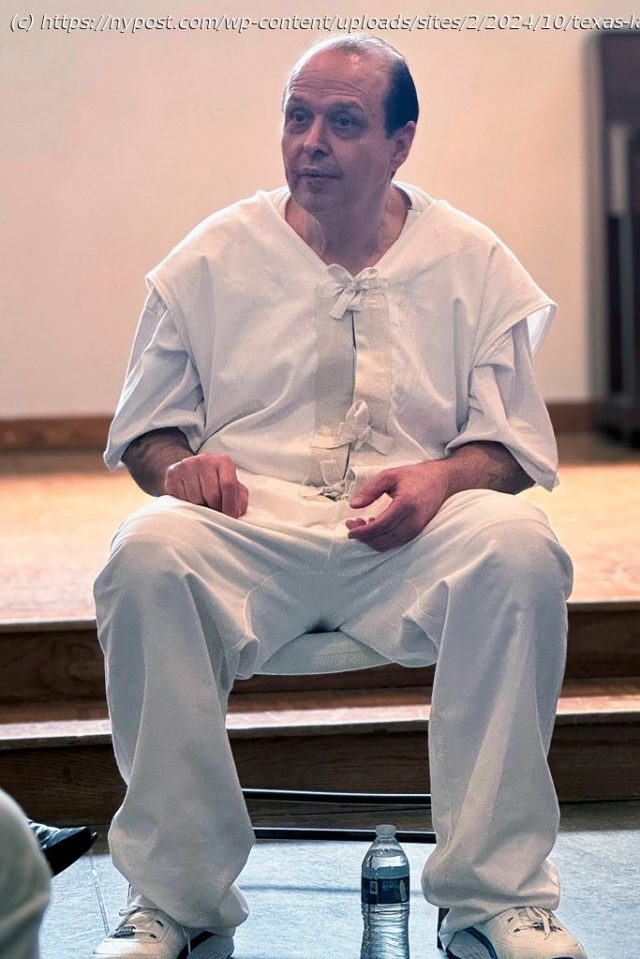Supporters of Robert Roberson, who was convicted of killing his 2-year-old daughter in 2002, turned to the Texas high court, which normally does not get involved in criminal cases, after both the US Supreme Court and the Texas Court of Criminal Appeals, the state’s highest criminal court, earlier in the day rejected appeals to halt his lethal injection.
The Texas Supreme Court halted Thursday night’s scheduled execution of a man who would have become the first person in the US put to death for a murder conviction tied to a diagnosis of shaken baby syndrome.
Supporters of Robert Roberson, who was convicted of killing his 2-year-old daughter in 2002, turned to the Texas high court, which normally does not get involved in criminal cases, after both the US Supreme Court and the Texas Court of Criminal Appeals, the state’s highest criminal court, earlier in the day rejected appeals to halt his lethal injection.
Roberson’s supporters include a coalition of Republicans and Democrats who say Roberson is innocent and was convicted on faulty scientific evidence.
Hours after the original execution time of 6 p.m. local time had passed in Texas, Roberson had remained in a prison holding cell a few feet from the death chamber at the Walls Unit in Hunstville.
Gov. Greg Abbott had authority to delay Roberson’s punishment for 30 days. Abbott has halted only one imminent execution in nearly a decade as governor and has not spoken publicly about the case.
The Texas appeals court ruling was one of a flurry of legal decisions in the hours before Roberson’s scheduled lethal injection.
At the same time a state judge in Austin was issuing a temporary restraining order, the US Supreme Court refused to halt the execution, although Justice Sonia Sotomayor — in a 10-page statement about the case — urged Abbott to grant a 30-day delay.
The state’s legal fight to get the execution carried out had faced a midnight CDT deadline when the death warrant authorizing Roberson’s execution would expire.
It was likely, however, the case would need to be resolved well before that since officials must conduct procedures such as attaching intravenous needles and allow time for an injection to take effect and a physician to pronounce him dead.
Home
United States
USA — mix Texas Supreme Court halts execution of Robert Roberson in shaken baby case...






